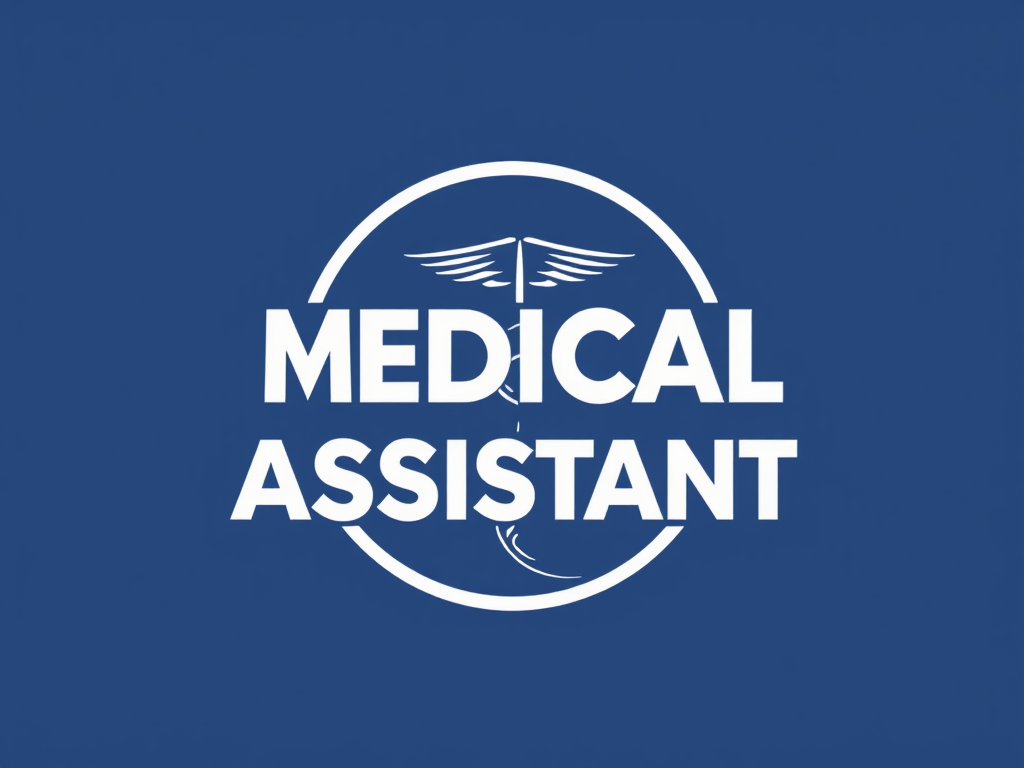Overview of Chronic Kidney Disease in Older Adults
Chronic Kidney Disease (CKD) is a condition where the kidneys progressively lose their function over time. It’s particularly prevalent among older adults, with the risk increasing significantly as individuals age. Statistically, CKD affects approximately 40% of adults over 65.
CKD progresses through various stages, each indicating a further decline in kidney function. The stages range from Stage 1, where kidney damage is mild, to Stage 5, indicating kidney failure requiring dialysis or transplant. Recognizing each stage’s implications is crucial as they guide treatment options and lifestyle adjustments.
Have you seen this : Garden Solutions for Seniors with Visual Impairments: Innovative Approaches to Accessible Horticulture
Early detection is key to managing CKD effectively. Unfortunately, CKD can remain asymptomatic in its initial stages, making it essential for older adults to undergo regular screenings. Effective management can slow disease progression, improve quality of life, and reduce complications. This includes lifestyle modifications, monitoring kidney levels, and possibly medication. By detecting CKD early, individuals can take proactive steps in managing their health and mitigating further damage. The emphasis being on maintaining kidney function as long as possible through personalised care and attention to general well-being.
Lifestyle Modifications for CKD Management
Lifestyle modifications play a crucial role in managing Chronic Kidney Disease (CKD), especially among older adults. One of the key pillars is engaging in regular physical activity. Exercise helps maintain a healthy weight, reduces blood pressure, and improves overall cardiovascular health, all of which are beneficial for individuals managing CKD. Older adults should aim for activities they enjoy that promote mobility and muscle strength, such as walking, swimming, or light aerobics, to ensure they stay physically active and healthy.
Also to read : How to choose a snus : your guide to flavor and effectiveness
Maintaining a healthy weight is equally important. This involves adopting balanced eating habits and being mindful of caloric intake. Incorporating more fruits, vegetables, and whole grains while limiting processed foods can support weight management efforts. However, specific dietary guidelines should be tailored to individual CKD stages.
Another significant lifestyle change is tobacco cessation. Smoking exacerbates kidney damage and accelerates disease progression, so quitting smoking is advisable. Similarly, alcohol moderation is recommended, as excessive alcohol intake can harm kidney function. By incorporating these lifestyle changes, individuals with CKD can experience improved disease management and overall health outcomes.
Dietary Guidelines for Chronic Kidney Disease
Navigating dietary choices is crucial for those with Chronic Kidney Disease (CKD), especially when aiming for a kidney-friendly diet. It’s important to focus on nutrients that can help support kidney function while avoiding those that may cause harm. Sodium regulation is vital; excessive sodium intake can increase blood pressure and strain the kidneys. Lowering sodium involves choosing fresh, unprocessed foods and checking food labels for added salt content.
Potassium management is also essential. High potassium levels can lead to heart complications, requiring patients to moderate intake of potassium-rich foods like bananas, potatoes, and tomatoes. It’s recommended to consult a dietitian to tailor these dietary changes to specific CKD stages.
Adequate hydration is another consideration, helping to flush out toxins without overburdening the kidneys. While drinking enough fluids is crucial, CKD patients need to be aware of their total fluid allowance, preventing excess that could lead to swelling or high blood pressure.
Implementing these dietary guidelines can help manage CKD effectively, supporting better health outcomes and slowing disease progression. Consulting healthcare professionals ensures these changes are customized for individual needs.
Medication Management and Monitoring
Chronic Kidney Disease (CKD) treatment in older adults often includes a tailored medication regimen. Effective medication management helps control symptoms and prevent further complications. Common medications include antihypertensives to control blood pressure and phosphate binders for mineral balance, vital in mitigating disease progression.
Regular medication reviews, typically conducted by healthcare professionals, ensure that drugs remain effective and safe. They help adjust dosages or substitute medications as needed, considering age-related changes in how drugs are metabolized. This adaptation is particularly crucial in older adults, who are more susceptible to side effects and interactions.
Managing side effects is an integral part of medication safety. CKD patients must be vigilant about new symptoms or health changes. Reporting these promptly allows healthcare providers to make necessary adjustments. Older adults should maintain an updated list of all prescriptions, over-the-counter medications, and supplements. This list aids in comprehensive reviews and minimizes interaction risks.
Close monitoring of medication adherence also enhances treatment efficacy. Simplifying medication schedules and using pill organizers are practical strategies for patients, ensuring correct and consistent intake of their prescribed CKD treatment regimen.
Emotional and Psychological Support
Chronic Kidney Disease (CKD) impacts not only physical health but also the emotional and psychological well-being of patients. Managing the stress and anxiety associated with diagnosed CKD is crucial. Understandably, many older adults might experience feelings of uncertainty or depression due to their long-term health outlook. Thus, acknowledging these emotional challenges is one step towards better mental health.
Resources for emotional support play a vital role in addressing these concerns. Engaging with professional counselling or support groups can provide a much-needed sense of community and understanding. Many find comfort in discussing shared experiences and strategies for coping, relieving isolation.
Adopting effective coping strategies is also beneficial for both patients and caregivers. Techniques such as mindfulness, relaxation exercises, and setting realistic goals promote emotional resilience. It’s crucial for individuals in this journey to remain connected with family and peers, as these relationships offer indispensable support.
Patients and caregivers alike are encouraged to explore diverse emotional resources, finding methods and communities that align with personal needs. This multifaceted approach to mental health ensures a more comprehensive treatment plan for those navigating CKD.
Recent Research and Case Studies
Recent advancements in Chronic Kidney Disease (CKD) management have been propelled by groundbreaking research findings and insightful case studies. Notably, a recent study highlighted the efficacy of integrating telemedicine into regular CKD management, improving patient access to specialist care. This approach demonstrated significant benefits in modifying treatment plans based on real-time health data, showcasing enhanced disease management.
In an illuminating case study, an older adult with advanced CKD experienced notable improvements by incorporating a plant-based diet, resulting in reduced proteinuria and slower progression. This suggests that dietary adjustments, under professional guidance, can play a crucial role in patient outcomes.
Experts underline the importance of personalized care strategies in CKD management. They advocate for continued exploration into genetic markers that predict disease progression, emphasizing the potential for tailored interventions. These insights provide hope for future CKD care improvements and reinforce the need for ongoing research.
In conclusion, these recent findings and case studies underscore the importance of innovative management approaches in addressing CKD challenges. Engaging with these insights can inspire better, more individual-centric strategies in CKD management.
Resources and Support for Patients and Caregivers
Navigating Chronic Kidney Disease (CKD) can be overwhelming for both patients and caregivers. Access to reputable resources and strong support networks plays a critical role in managing the condition effectively.
Several organizations provide essential information and support. The National Kidney Foundation offers resources for understanding CKD, including guidance on treatment options and lifestyle adjustments. Similarly, the American Association of Kidney Patients provides educational materials and opportunities for patient engagement, fostering a community of support.
Books and articles can also offer invaluable insights. Publications such as “Living Well with Kidney Disease” present in-depth knowledge on maintaining a healthy lifestyle and managing CKD’s psychological impact. Online courses further help by delivering structured learning on kidney health and disease management, tailored to fit various learning styles and schedules.
Building a support network is crucial. Engaging with local or online support groups allows patients and caregivers to share experiences and practical advice. Together, accessing informed resources and cultivating strong relationships greatly enhances the management of CKD, empowering individuals to face challenges with confidence and resilience.



